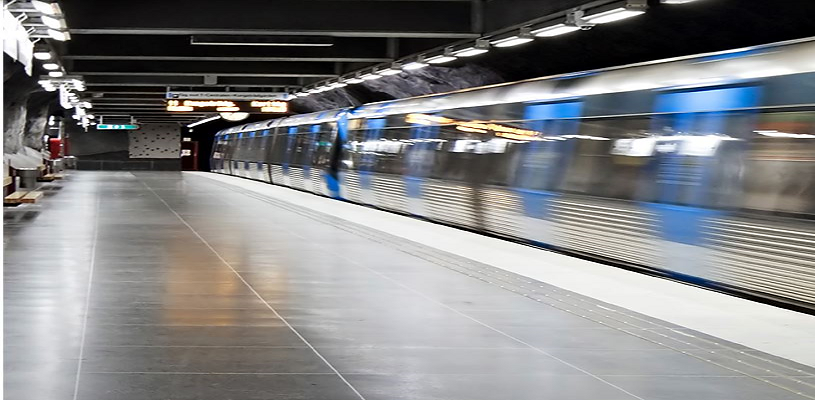
Public consultation on new sustainable infrastructure labeling system through August 30, 2021.
The Global Infrastructure Facility is pleased to co-chair the Sustainable Infrastructure (SI) Label Working Group with Macquarie’s Green Investment Group to unlock private investment in #sustainableinfrastructure globally. Today begins a public consultation on the SI Label, part of the “Finance to Accelerate the Sustainable Transition-Infrastructure initiative” (FAST-Infra). We thank HSBC, IFC, OECD and the Climate Policy Initiative for their partnership in establishing the Fast-Infra initiative.
This consultation is an opportunity to gather feedback on the product’s suitability as a vehicle to transform sustainable infrastructure into a mainstream, liquid asset class, as well as to generate support for the SI Label ahead of its launch in September.
Follow this link to provide feedback on the proposal and help make this initiative a success: CONSULTATION PLATFORM
What is the SI Label?
The Sustainable Infrastructure Label (SI Label) is a globally applicable label that will designate infrastructure projects as meeting sustainability criteria. It is designed to help developers and operators to demonstrate the positive impact of a sustainable infrastructure asset, and attract investors to projects that positively contribute to sustainable outcomes.
This new label is designed to enable project sponsors, developers, and owners to signal the positive sustainability impact of infrastructure assets and attract investors seeking assets that positively contribute to sustainable outcomes.
The FAST-Infra - the ‘Finance to Accelerate the Sustainable Transition-Infrastructure’ Initiative, is a joint venture established by HSBC, IFC (International Finance Corporation), OECD (Organisation for Economic Co-operation and Development), GIF (Global Infrastructure Facility), and CPI (Climate Policy Initiative). It aims to increase the flow of private finance to emerging markets sustainable infrastructure in order to create pipelines of bankable projects. The Sustainable Infrastructure (SI) Label component working group is chaired by GIF and Macquarie Green Infrastructure Group.
Why is a new label needed?
The label aims to close the trillion-dollar sustainable infrastructure investment gap, with urgency, by transforming sustainable infrastructure into a mainstream, liquid asset class.
A key objective is to provide consistency regarding the quality and sustainability of assets in the market, drawing in more institutional investors at the post-construction phase and scaling up private financing volumes for suitable projects in emerging markets.
The label certification aims to increase financing potential, and in turn to motivate governments to design more projects with sustainability criteria at their core, and encourage developers to maintain high environmental, social, and resiliency standards at all stages of the infrastructure lifecycle.
What is covered in the new label?
The Label is broadly aligned with the UN SDGs and G20 Principles for QII, and draws upon best practice from existing frameworks, standards, and taxonomies. It will introduce a series of 14 baselines and ‘positive contribution’ criteria (‘Sustainability Objectives’) against four dimensions of sustainability – environmental, social, governance, and adaptation & resilience. Each criterion is further described by reference to existing standards and associated with a series of indicative KPIs and methodologies.
What action do you need to take?
The FAST-infra initiative is inviting feedback from all stakeholders. The deadline for submitting comments for this consultation is 17:00UKT on 30 August 2021.
-
Review the draft labeling proposal
-
Complete the label feedback forms to submit your feedback
If you are interested in sustainable infrastructure and the opportunity to develop an emerging asset class, please consider joining the 100 public and private organizations that have already signed up to FAST-Infra. The more voices we have, the more we can work together to solve sustainable infrastructure finance challenges and make this initiative a success.











